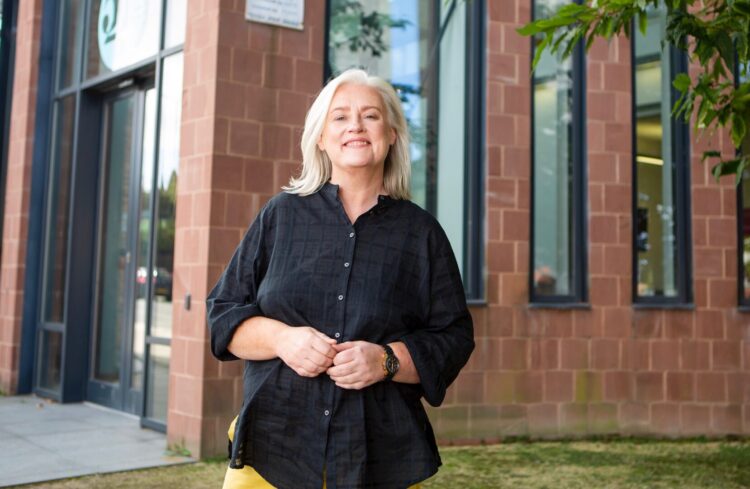Chief executive of The Women’s Organisation in Liverpool, Maggie O’Carroll, says the end of furlough and the cut to Universal Credit will push thousands of women onto the cliff edge. Tony McDonough reports

Women in Liverpool city region and across the country are facing a devastating double financial hammer blow due to the ending of furlough and the cut to Universal Credit.
In the last few days the Government’s furlough scheme, introduced early in the pandemic in 2020, has come to end. According to the Office for National Statistics, more than £1m were still being paid under the wage support scheme.
And in a second blow, the Government is also taking away the extra £20 a week it added to Universal Credit payments last year. The DWP has launched a £500m support fund to cushion the blow but Ms O’Carroll says women will bear the brunt of the double whammy.
“The end of the Governments furlough scheme, whilst we knew was coming, serves only as a further financial blow. And frustratingly, though unsurprisingly, this decision will disproportionately affect women.
“Female workers, despite representing less than half of the total national workforce, accounted for the majority of people furloughed throughout lockdown. 51% of those furloughed nationally were women, despite making up only 47% of the total UK workforce. Similar figures are mirrored here in the Liverpool city region.
“In the last year, women have bore the brunt of home schooling and unpaid care, many losing their jobs through redundancy or having to sacrifice work due to growing pressures in the home. And only in the last week, women, mothers and homemakers have been hit hard again by soaring energy costs and the cuts to the Universal Credit uplift.”

The Government has always maintained the £20 Universal Credit top-up was only ever going to be a temporary measure. However, with inflation now rising and energy bills rocketing, Ms O’Carroll fears hardship is on the horizon for many women.
She added: “Our research indicates women in the Liverpool city region will be hardest hit by the cuts, where during the pandemic women outnumbered men accessing Universal Credit by eight to one.
“Women have also been most affected by high rates of redundancies across the region and forced into low paid and often unstable employment. In short, in-work poverty in the region is now at a record high and nearly 38,000 employed women now access Universal Credit across Liverpool city region compared to 25,000 employed men.
“Whitehall keep whittling on about the buoyancy of the UK jobs market, but let’s just be clear, jobs are still unarguably very much at risk as a direct result of the pandemic. Sectors in which women are typically overrepresented, including travel, hospitality and the arts, for example, are faced with a decline in public appetite and tighter restrictions, leaving many in limbo.”

